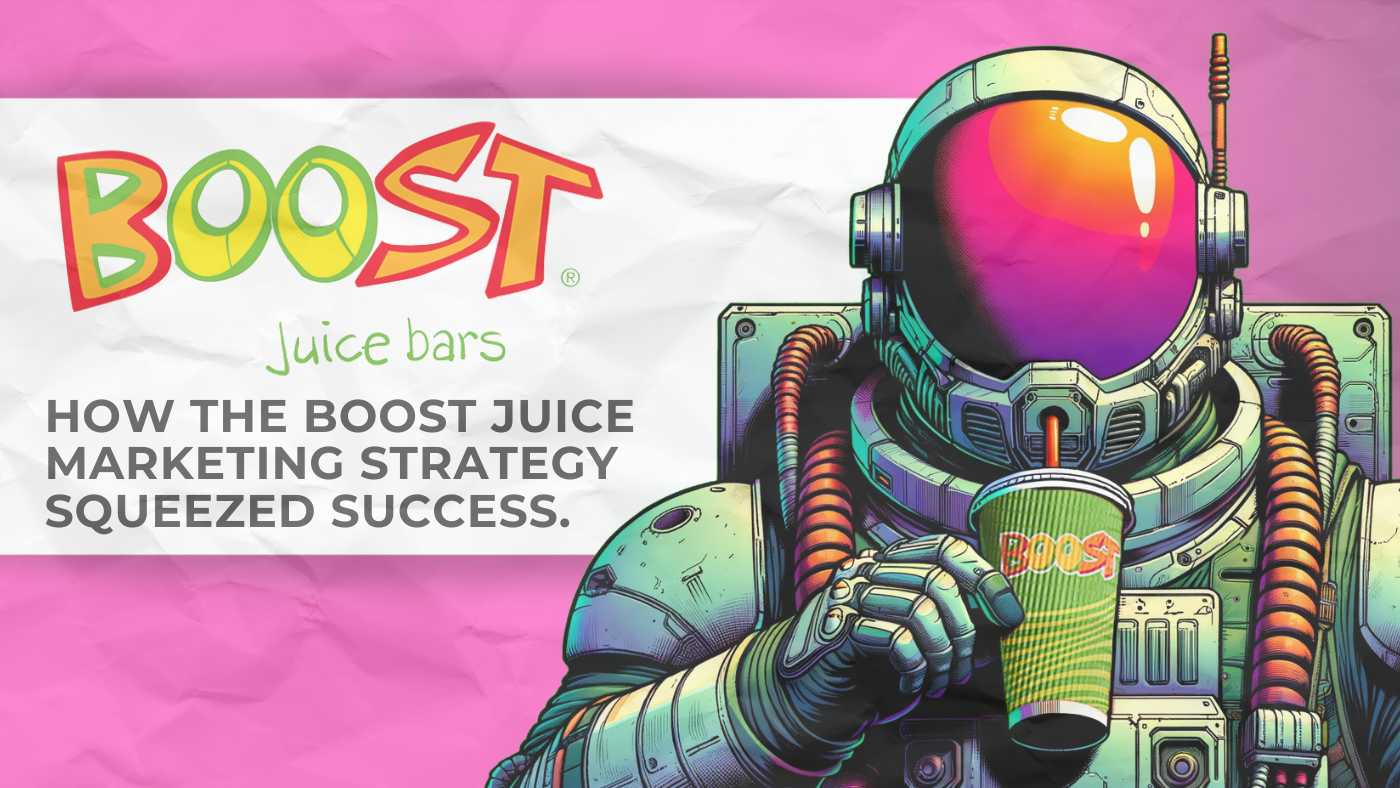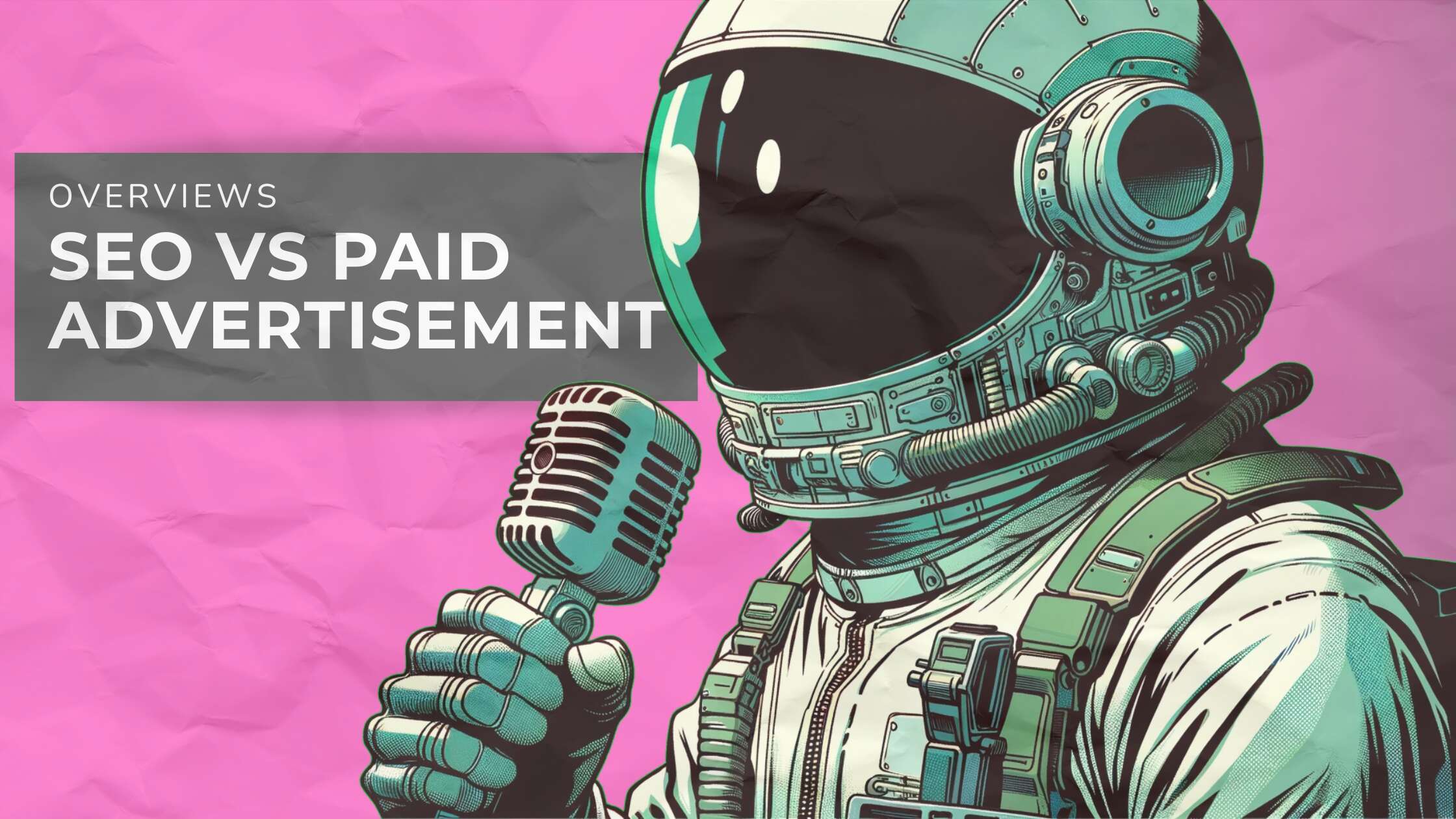Is Content Marketing Part of Digital Marketing?
Understanding the different facets of online presence is crucial for any business aiming to thrive. A common question that often emerges in this realm is: “Is content marketing part of digital marketing?”
Before we can answer that question. Let’s define 2 things. What is content marketing, and what is digital marketing?
What is Content Marketing?
Content Marketing is a strategic approach focused on creating and distributing valuable, relevant, and consistent content to attract and retain a clearly defined audience.
It involves the art of communicating with your customers and prospects, and often times content marketing doesn’t feel like a sales pitch, but rather provides useful, informative, or entertaining material that meets the needs and interests of a target audience, even when you’re not directly selling to them. Instead of pitching your products or services, you provide information that makes your potential buyer align themselves with the brand.
Where content is created to convey messages and evoke emotions aligned with your brand, making them powerful tools for websites, social media, and advertisements.
This approach helps businesses create sustainable brand loyalty with target consumers, and creates a willingness to purchase your products or services when they’re in the market to purchase.
The Core of Digital Marketing
Digital marketing is a broad term that encompasses all marketing efforts that use an electronic device. It’s a wide, wide umbrella.
However, content marketing reigns supreme as a powerful engine within digital marketing, and is deeply intertwined with other marketing avenues that would fall under digital marketing. Such as Social media campaign strategies, search engine marketing (SEM) or SEO.
The overall objective?
To promote your digital abode to current and potential customers, regardless if you want to benefit from local SEO or worldwide audiences.
Where Content Marketing Fits In
Content marketing is a strategic approach focused on creating and distributing valuable, relevant, and consistent content to attract and retain a clearly defined audience.
This output directly influences the strength of your brand, with few exceptions of industry.
And with 74% of consumers considering brand when making a purchase decision, it’s not something you want to overlook.
According to Harvard Business Review, Content marketing alone generates 3x more leads per marketing dollar compared to traditional marketing.
Using content to convey messages and evoke emotions aligned with your brand has proven to be a powerful tool for websites, social media, and advertisements.
Ultimately, to drive profitable customer action. Think of digital marketing as a large tree. Content marketing is a very, very large branch. It’s an integral part of digital marketing and not a separate entity for the following reasons:
• Building Relationships
Content marketing is all about creating connections. By offering insightful, helpful content, businesses can engage with their audience, building trust and establishing authority in their respective fields,
• Enhancing SEO
If search engines were dogs, SEO workflows would be a spoon with peanut butter on it.
SEO is about giving search engines what they want, and having a pool of content to work with will enhance SEO across the board.
• Supporting Other Digital Strategies
Content marketing supports other aspects of digital marketing. Your social media campaigns need engaging content, your email marketing benefits from informative blogs and resources in newsletters, and your ads can lead to detailed web pages, posts, or social media.
• Driving Engagement
Good content prompts action. Whether it’s leaving a positive message on your businesses platform, signing up for a webinar, downloading an eBook, or making online sales.
Quality content will boost your brands trust and encourage your audience to interact.
For more information on content marketing, visit our services and solutions page.
Content Marketing Avenues
Content marketing offers a multitude of avenues, each tailored to effectively reach different segments of your target audience.
Consider where your audience spends their time and what type of content they’re consuming. For instance, if your primary audience is younger, platforms like Instagram and TikTok are ideal for visually appealing and trendy content that speaks their language. In contrast, an older demographic might be more engaged on Facebook, where longer posts and comprehensive content can be more effective. For a professional audience, LinkedIn serves as the go-to platform, perfect for sharing industry insights, thought leadership articles, and networking-focused content.
Each platform demands a unique content strategy — from the tone and style of the posts to the type of media used. Understanding these nuances is crucial in creating a content marketing strategy that reaches, engages and converts your specific audience.
Growing your presence on any platform hinges on the regularity, quality and consistency of your content.
Establishing a schedule for posting helps in building a dedicated audience, and sets a strong foundation for your brand’s digital hub. This is crucial for when you eventually run ads on that platform.
They direct potential customers to your well-established hub of regular content. This hub — be it on Instagram, Facebook, LinkedIn, or any other platform — showcases your brand’s personality, expertise, and value proposition. When your audience clicks through from an ad, they find a treasure trove of engaging content, increasing the chances of conversion and fostering long-term loyalty.
In essence, your regular content serves as the backbone of your digital presence, amplifying the impact of your paid advertising efforts and ensuring a cohesive brand experience.”
"Is Content Marketing Right For Me?"
Could be.
Budget allocation for online marketing is a strategic decision that can significantly impact your digital presence and overall business growth. When considering where to invest your resources, it’s essential to weigh the options wisely.
SEO and organic efforts offer massive advantages long-term, give sustainable results, and sets a strong foundation for your online presence. It’s the long-term cost efficient avenue.
An optimised site wont just yield results when you don’t have paid ads on, it will lower their cost per click (cpc) when you do.
Social media ads, on the other hand, allow you to reach a broader audience quickly and can be particularly effective for brand awareness and engagement. Some businesses (like niche e-commerce stores) focus their entire marketing plan into paid ads.
Generally speaking. If you’re in in for the long haul, consider settings the foundations with branding/content marketing/SEO.
You can find a fair comparison of SEO vs Paid Advertisements included in your free SEO audit.
Info Hub
Enjoy passively reading about Digital Content Marketing & Advertising? We’ve got some good reads!







